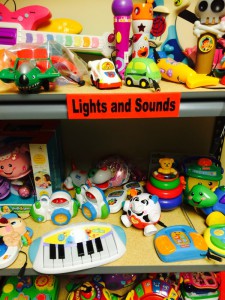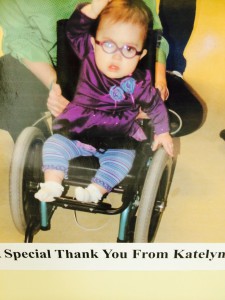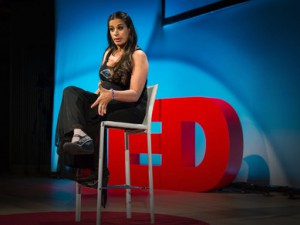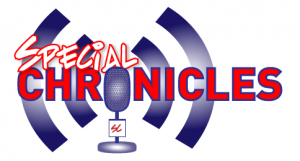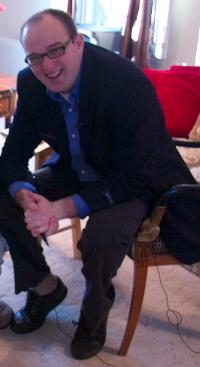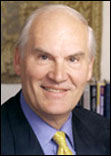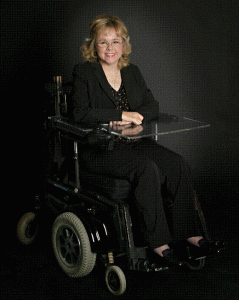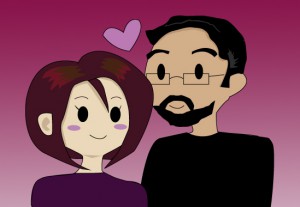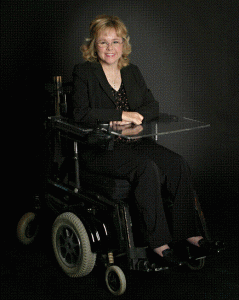Proven brain exercises I do to keep sharp
by Jim Williams
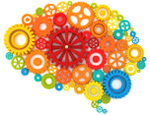 I have always been interested in the brain, how it works, how malleable the brain is and what programs can work to help change the brain after trauma or an injury. Little did I suspect that there’d come a day I would need one of those programs myself.
I have always been interested in the brain, how it works, how malleable the brain is and what programs can work to help change the brain after trauma or an injury. Little did I suspect that there’d come a day I would need one of those programs myself.
That day came in 2012, when I fell off my bike and suffered a traumatic brain injury. The probability that I will develop Alzheimer’s disease has increased due to that accident, so to keep sharp, I do brain exercises developed by Dr. Michael Merzenich. He is one of the preeminent brain scientists in the world, and Easter Seals is working with him to develop new programs to treat injuries to the brain.
Our partnership with Posit Science offers anyone and everyone free online mind-sharpening exercises proven to increase memory. This partnership will continue to expand this year with Posit as well as NeoCORTA, potentially with more online memory-building products and research.
Brain Plasticity Institute and Vista Life Sciences have also been partners, and what we have all learned about our brains is that they are “plastic.” This tells us that our brains can change, which opens a vast array of possibilities for people who have everything from strokes to traumatic brain injury to Alzheimer’s.
Our work with Dr. Merzenich provides an entirely new way of helping people who have brain related diseases and disorders in a very effective and efficient way, with proven scientific efficacy. For the people we serve, this is a huge step forward. For Easter Seals, it is another new chapter in the way that we help people, which we’ve been doing now for nearly a hundred years. And for me personally, it is a way of reducing the risk of significant problems down the road.
Related Content on EasterSeals.com:







